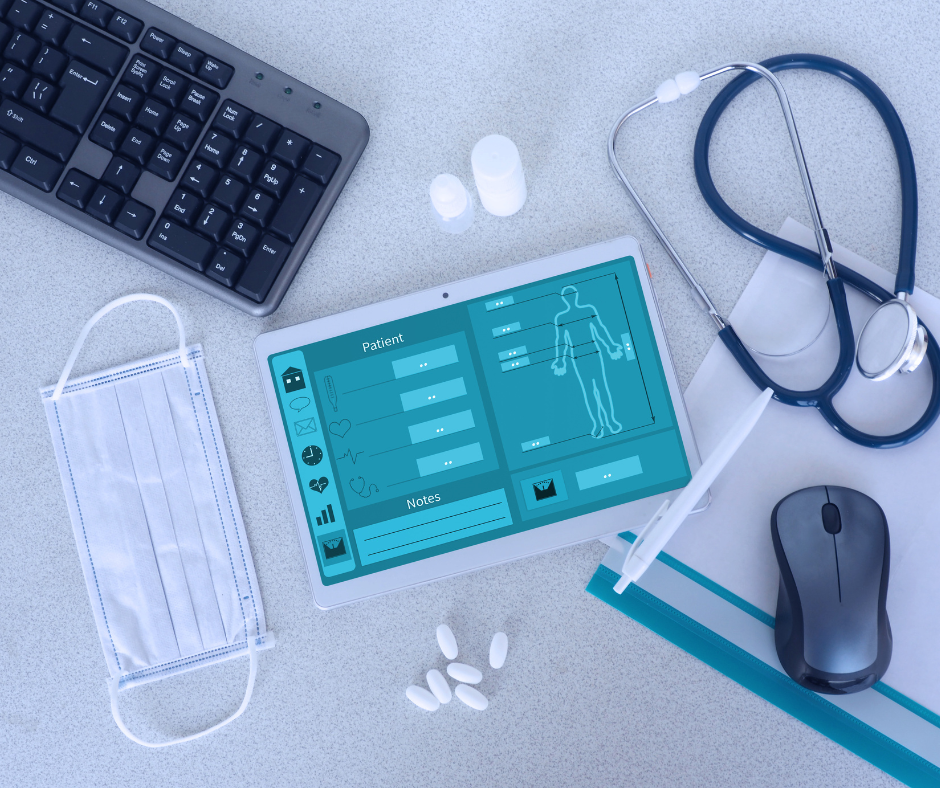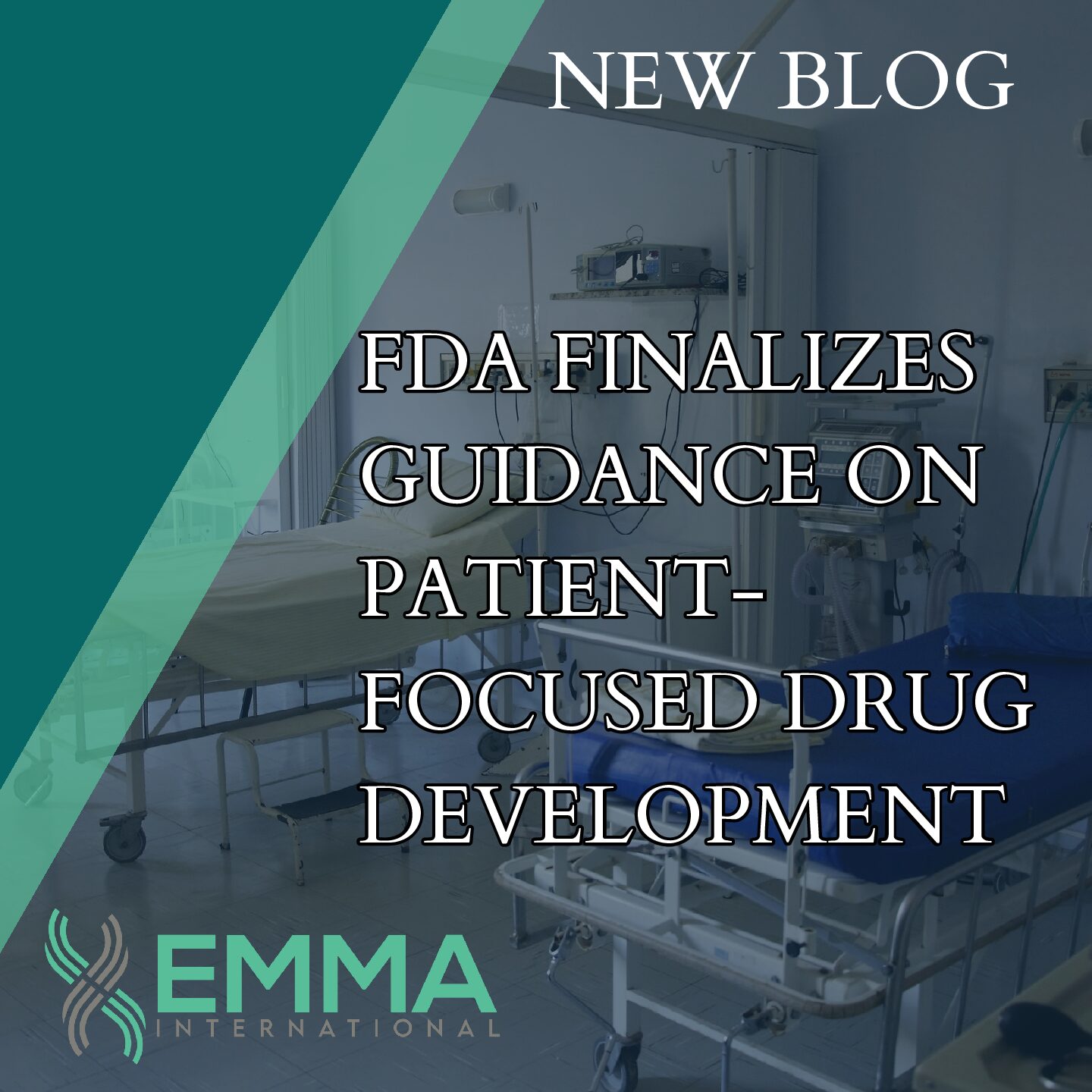Since the introduction of the term by Seth Frank back in 2000 [1], the idea of digital health has revolutionized many of our current healthcare and global health practices. With roughly 6 billion USD in funding in 2017, the development of digital health technologies and the systems in which they run were appearing at an extremely rapid rate [1,2]. Currently, the FDA categorizes digital health into mobile health, health information technology, wearable devices, telehealth and telemedicine, and personalized medicine [2,3].
Many of these digital health devices are capable of connecting and communicating with other devices or systems [3]. The use of these types of technological devices allows for health data collections that can be used on large scales to train machine-learned predictive models or even just to simply track an individual’s health over time. Some of these technologies include smart watches, smart rings, and companion apps for smart phones. However, there are more specialized technologies such as wearable devices that can share data with your phone showing crucial live data, such as A1C numbers, and predictable patterns for diabetic individuals. Throughout the Sars-Cov-2 pandemic, digital health technologies were being developed and implemented to minimize the spread of the virus. We had the addition of kiosks that were used to take temperatures and pictures to minimize human contact. These technologies assist users in making better-informed decisions about their own health [3].
Ultimately, digital health has allowed for individuals to be more independent with their health, while at the same time, maintaining it. From technologies that assist with disease remediation and tracking to simply being able to directly talk with a doctor within a couple of minutes has really changed the landscape of healthcare. The implementation of large-scale high-usage applications for smart phones has given machine-learned models gigantic datasets that would have been near impossible to collect in the past.
If you need help determining the proper route for your device per FDA compliance, the team of experts at EMMA International can help! Contact us today at info@emmainternational.com or by calling 248-987-4497.
[1] Frank, Seth R. (2000, April). Digital Health Care—The Convergence of Health Care and the Internet. Journal of Ambulatory Care Management 23(2):p 8-17: https://journals.lww.com/ambulatorycaremanagement/Abstract/2000/04000/Digital_Health_Care_The_Convergence_of_Health_Care.3.aspx.
[2] Guo, Chaohui et al. (2020, August 27) Challenges for the evaluation of digital health solutions—A call for innovative evidence generation approaches. npj Digit. Med. 3, 110: https://doi.org/10.1038/s41746-020-00314-2
[3] FDA. (2020, September 22). What is digital health. https://www.fda.gov/medical-devices/digital-health-center-excellence/what-digital-health





